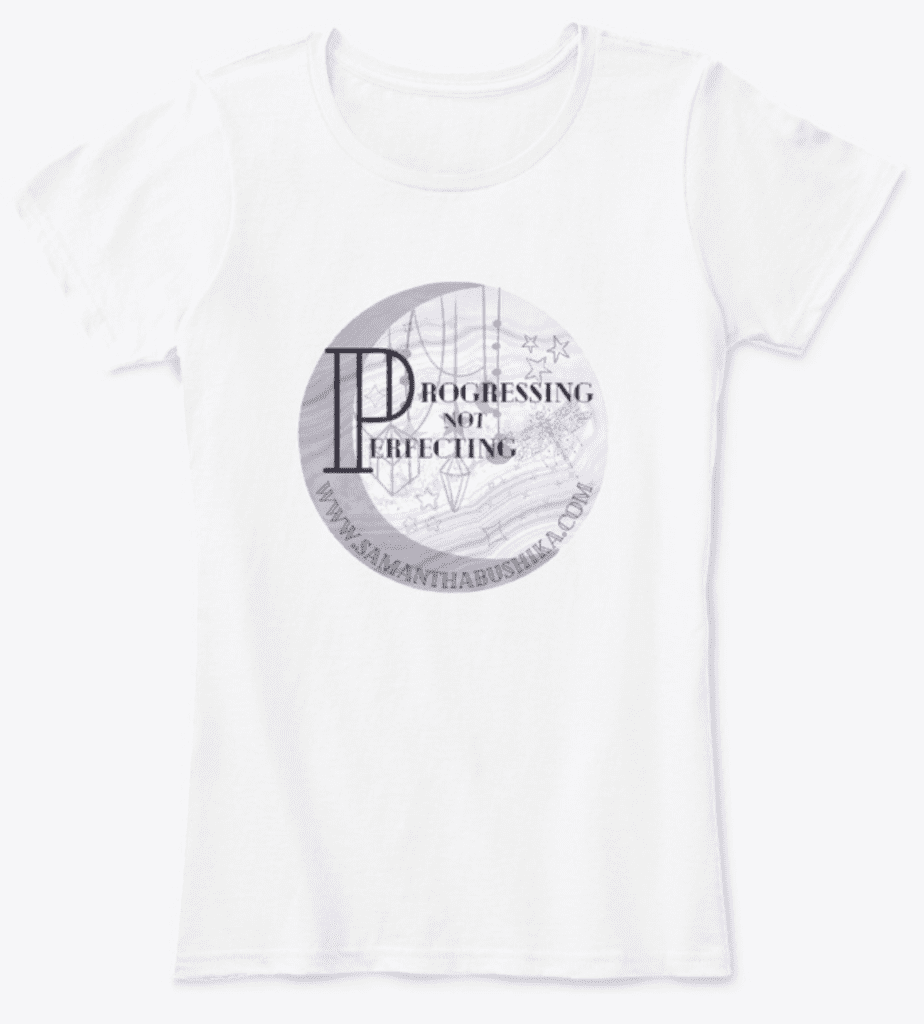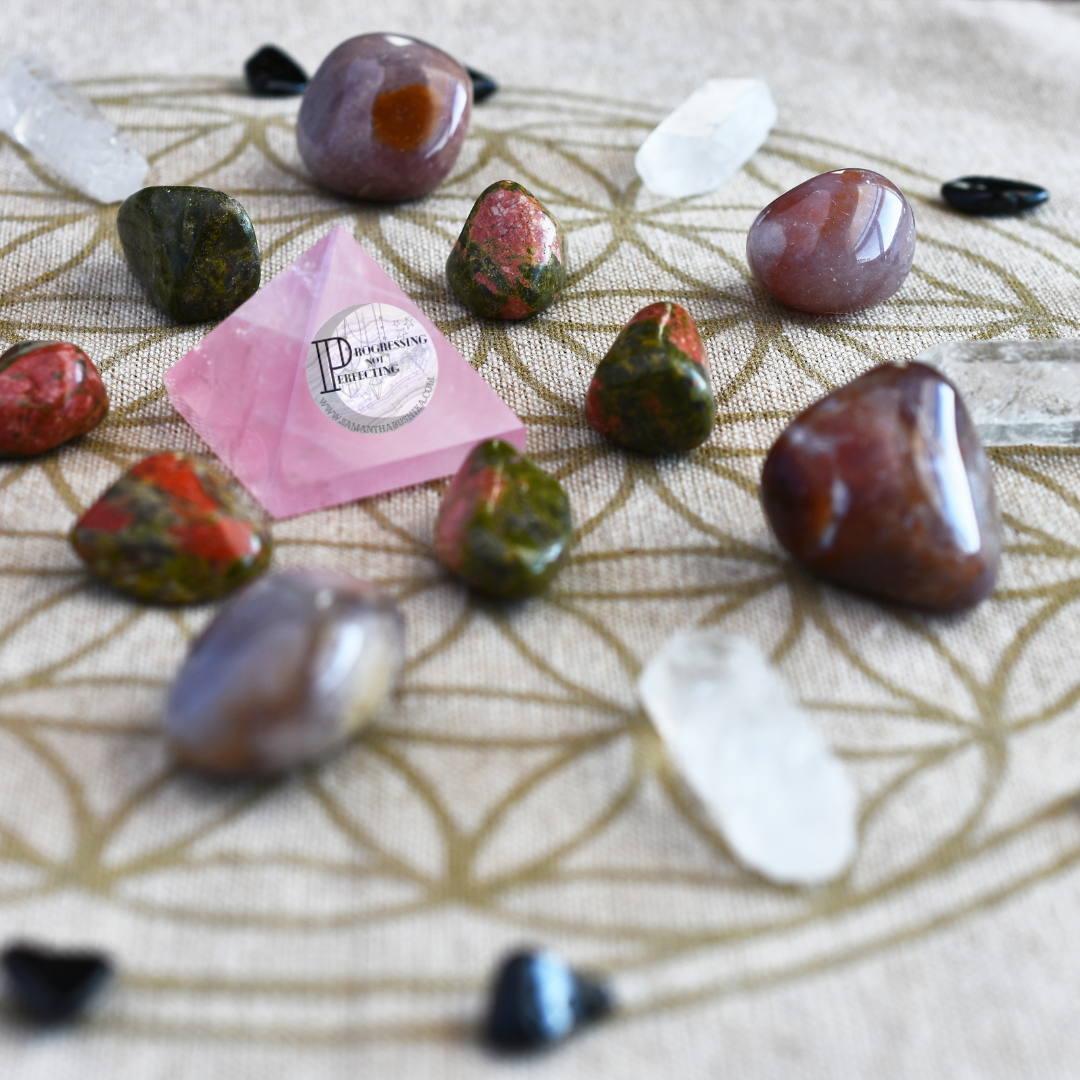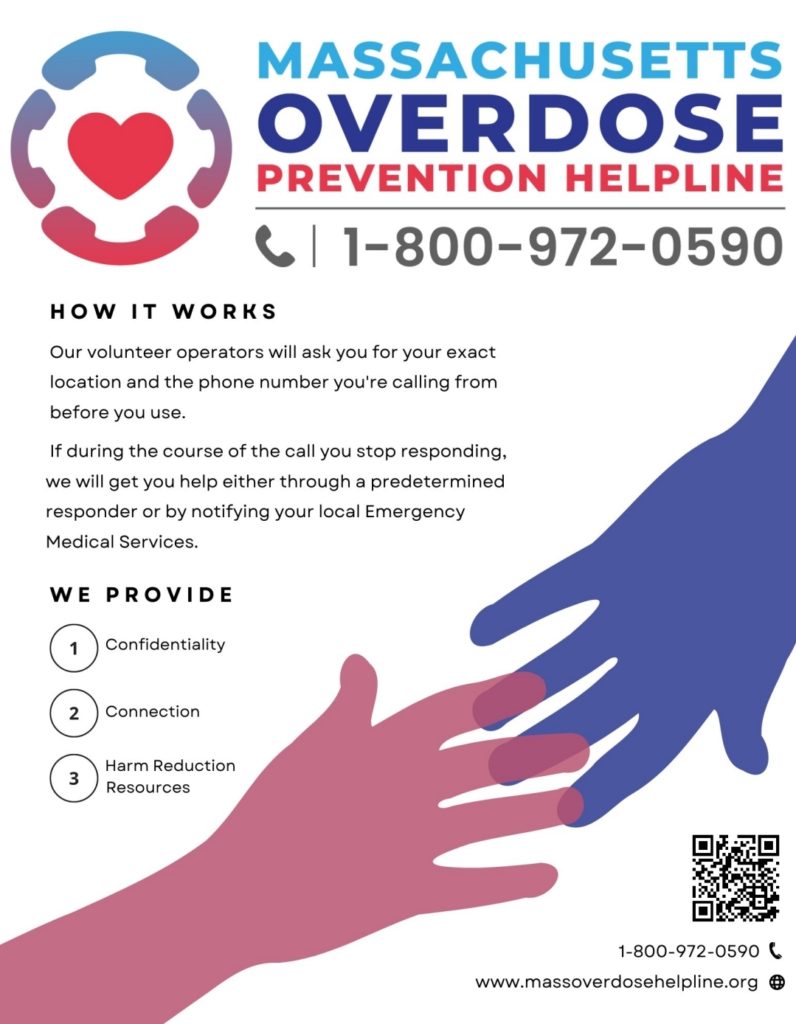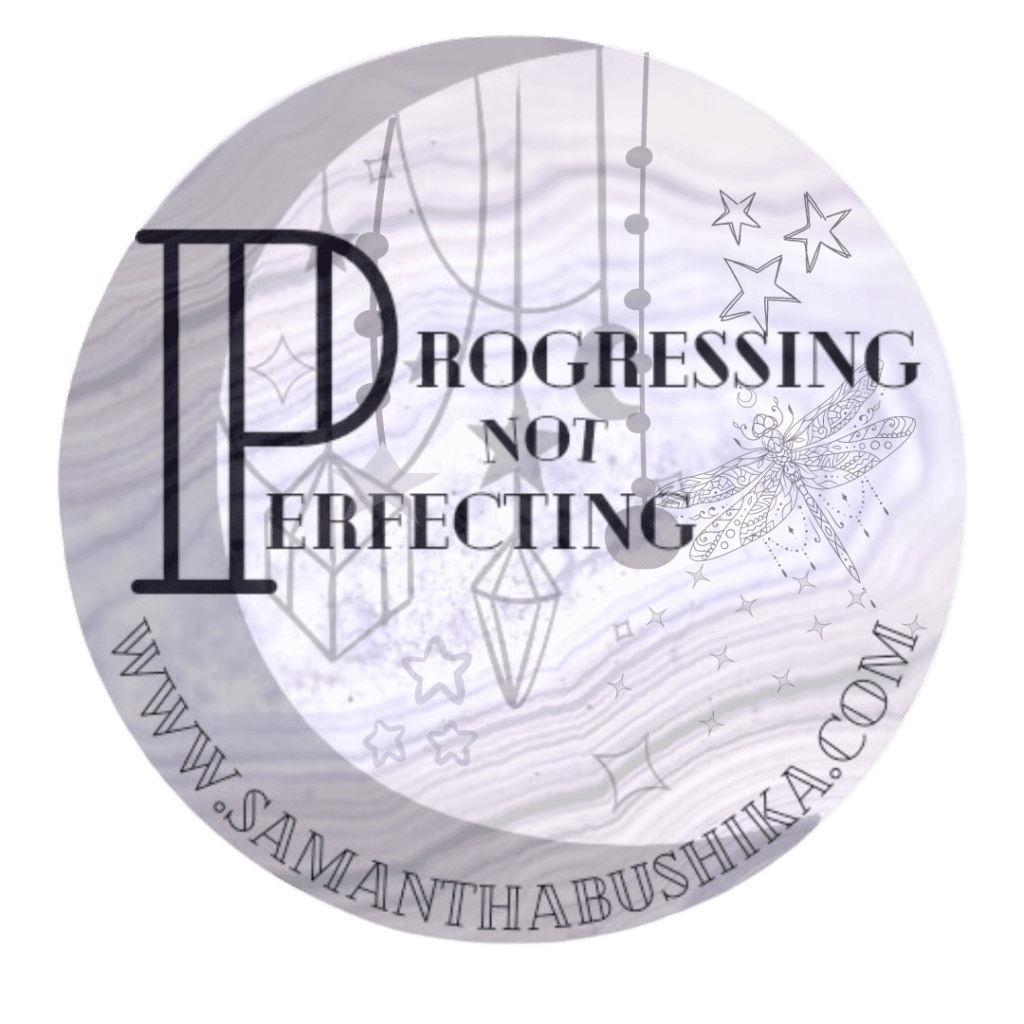7 Benefits of Using Mindfulness Meditation for Addiction Recovery

According to the World Health Organization, 284 million people, or 3.8 percent of the world’s population, suffer from anxiety disorders. Addiction frequently co-occurs with most anxiety disorders. In fact, over 8 million Americans suffer from both mental health issues, such as anxiety, and substance use disorder, according to a recent report from the American Addiction Centers. Moreover, according to the report, approximately 20 million people in the United States are affected by a substance abuse disorder and could benefit from mindfulness meditation.
Our Issues
Addictive behaviors and anxiety problems can develop apart from one another, or they can trigger each other. Moreover, because they are related, one disorder may have an impact on the other. I have suffered from both and each individually, and it is just so hard to make those in our lives understand. I gave up trying long ago, but I assure you that is not the answer. After a lifetime of trial and error, I will also express, in the most honest of terms, what has and hasn’t worked for me in my many, many failed attempts at recovery and the eventual success that has brought me here today.
Before moving forward, I would like to address what a large majority of recovering readers are thinking right now. A thought that may have added about fifteen years to my struggle. People with ADHD CAN meditate. I mention this because I have a great deal of regret for not listening to my very first therapist at the age of nineteen. She tried every single session to get me into meditation, and I was NOT having it. Man, do I wish I would have listened. You CAN meditate. They even have ADHD meditations. I started with just being still for five minutes twice a day, and now I can meditate for hours. Seriously.
Stress & Anxiety

Since meditation is designed to relieve stress and help to relieve anxiety symptoms, it can support our recovery process. When used with effective treatment programs, it can help to reduce withdrawal symptoms. Also reduces the cravings associated with substance abuse, which we definitely do not want to hear while actively withdrawing. If only we weren’t so set in our ways, right?
As a working mom sober for almost seven years and suffering from social anxiety, I can personally attest to the effectiveness of meditation for treating SUD. To help you discover some of the benefits of these practices, I’ll provide more information. Maybe discuss some of the benefits you can expect, even for those of us suffering from ADHD.
Meditation for Addiction Recovery?
Meditation is a technique in which someone focuses their attention on a particular activity, object, or thought to reach a cognitively lucid and emotionally tranquil state.
To promote mental health and quality of life, meditation aims to bring the body and mind into harmony. Heightened awareness and connection result from deep breathing, repeating a mantra, and concentrating on your breathing.
There are several health advantages to meditation, especially for those of us recovering from addiction or receiving addiction treatment. Due to its profound effects, meditation has gained wider popularity as a therapy for substance misuse and health and wellness.
Effectiveness of Meditation for Addiction Recovery and Other Mental Health Disorders

While it’s true that sitting cross-legged and chanting can be a form of meditation, there’s so much more to it than that. It combines mental and physical wellness without the need for drugs, and it is helpful for those of us in recovery because it induces a state of calm, anxiety-free.
Meditation for addiction recovery means it assists in overcoming the difficulties of addiction recovery. It prevents us from resorting to drugs or other potentially harmful or ineffective coping mechanisms. The goal of meditation is to cultivate mindfulness. This helps you recognize your emotions and learn how to control them, not block them out.
Research reveals that meditation can physically alter the brain in addition to aiding individuals in better managing their feelings. On top of that, it assists in developing a healthier consciousness in general.

Anxiety
Meditation also helps to build healthy behavioral patterns by starting and generating positive changes within the brain. This is particularly advantageous for alcohol and drug use recovery programs. It can assist us in identifying some of the underlying problems associated with our substance use disorders by inducing favorable changes in our brains.
Speaking for myself, anxiety was one of the top triggers of my active addiction. I believed that heroin was the only way I could escape my anxiety. I have yet to meet a client that doesn’t suffer from some sort of anxiety disorder. Meditation hasn’t failed me yet in my many recommendations to clients once I can talk them into actually doing it.
The Types of Meditation Practices Recommended During the Recovery Process

There are several types of meditation that you can use throughout the process of addiction recovery. Each can produce significant therapeutic effects. To help you understand them a little better, I’ll discuss the different types in the section below.
Mindfulness Meditation

This kind of mindfulness meditation is typically done while sitting comfortably in a serene, calm environment. Concentrating on the present moment is a key component of mindfulness meditation. Your mind becomes more at ease, allowing emotions and thoughts to flow easily with mindfulness practice.
According to a study conducted by the National Institute of Health, participants of mindfulness practice exhibited lower stress levels than those who did not. Not to mention the serious reduction in anxiety symptoms.
Keep in mind that your aim when practicing mindfulness meditation should be to simply monitor your thoughts and emotions. Try not to participate or pass judgment.
Breathing Meditation

This form of meditation seeks to relax the mind and cultivate inner serenity. It is typically carried out with your eyes closed while seated comfortably. Focus on each inhalation and exhalation as you inhale and exhale.
As you relax your muscles, maintain your focus on your breathing. This will help you to bring your thoughts back to the present moment, which can be particularly helpful for those of us recovering from addiction.
Mantra Meditation

A mantra is a short saying, noise, or word you keep repeating aloud as you meditate. You can say it to yourself aloud or in silence. This kind of meditation relaxes the mind, lessens stress, and offers a deeper level of calm. It also aids in achieving clarity and tranquility. Mantra meditation is particularly beneficial for those of us suffering from ADHD and/or anxiety.
Scientific research has proven that mantra meditation is effective in silencing racing thoughts, which can lead to many other benefits such as increased attention span and focus, being less prone to distraction, and a more positive mood and outlook. Finding a mantra that helps you focus and seems natural to you is crucial. I am aware that this sounds a bit like “woo woo.” You should hear me doing it! Not the coolest thing to be caught doing, but the benefits for my ADHD diagnosis outweigh the temporary embarrassment.
Moving Meditation

Not all forms of meditation entail remaining still. Being conscious of the present moment while performing focused movements is known as moving meditation. You can practice this form of meditation in a quiet inside space like your house or outside in your backyard, forest, or woodland, close to a lake, for example.
Pick a pastime you enjoy, such as yoga or even something as simple as walking. Pay attention to the movements you make and how they flow through your body.
When practicing moving meditation, you must focus on what your senses tell you about the surroundings, including the sounds of wildlife, the sounds of water, or the sounds of nature.
Meditation is Beneficial to All
According to a study conducted by the National Institute of Health, participants of mindfulness practice exhibited lower stress levels and anxiety than those who did not. I am sure you are starting to see how great the benefits can be for all of us in early to long-term recovery and those of us who are lucky enough not to be familiar with addiction. Meditation is beneficial to all.
The Benefits of Practicing Meditation Recovering from Substance Abuse
Now that you understand what meditation is, why it works, and a few of the many different types you can practice, it’s time to talk about how it can help us with our substance use issues and overall mental well-being. Meditation has been found to provide significant therapeutic benefits for those struggling with substance use disorder (SUD), including the following:
1. It Reduces Stress and Anxiety Levels in and out of Active Addiction

Reducing stress is one of meditation’s most prominent advantages. Because of lifestyle changes and the difficulties of sobriety, those of us in addiction recovery may feel more stressed and anxious than usual.
Fortunately, meditation can aid in the relaxation of the mind and the creation of space for present-moment focus. This is especially useful for controlling cravings and triggers.
2. It Improves Your Self-awareness
Self-awareness is stressed in conventional therapies such as cognitive behavioral therapy. As the name suggests, it is the state in which you are conscious of your ideas, behaviors, and overall self.
Pay attention to how you’re feeling in specific scenarios when controlling addiction cravings while in recovery. Self-awareness can be improved by meditating, which can also assist you in suppressing unwanted feelings and thoughts that might jeopardize your sobriety. Anything that helps me curb my addiction is more than welcome in my life.
3. It Broadens Your Perspective

Meditation can broaden your viewpoint, enabling you to consider your emotions and thoughts from a variety of perspectives. This can assist you in “getting out of your head” and gaining a broader, more compassionate perspective of your circumstances, which can be highly beneficial for those struggling with substance use disorders.
4. It Can Help You Sleep Better
After seven years, I am still an insomniac. I have tried every sleep medication out there. The ones that make you eat everything within your arm’s reach right before it knocks you out for 26 hours, just to wake up and take it again. The ones that have a forty-five-minute window that won’t allow you to sleep if you don’t fall asleep within those forty-five minutes. The all-natural ones and the syrupy ones.
Insomnia during recovery is definitely a very real and torturous thing. Nothing worked for me. I was to wound up. Now I can sleep! I sleep at night, and you can too. We all experience anxiety and stress at night, but simply taking some time throughout the day to relax can help you feel less stressed before you’re ready to turn off the lights. The more time that passes with meditation as a part of your daily practice, the more glorious sleep you will create for yourself. It’s beautiful.
5. It Enhances Your Mood

I got to a point where I was just really bitchy and on edge every day when I got home from work. I would do one of those passive-aggressive mumblings under my breath about nobody helping me around the house and don’t anyone ask me for nothing, type of deals. So not cool, and so not me. Meditation has been demonstrated to improve mood in addition to assisting with stress reduction. This may encourage you to think positively over the course of your day and provide the self-motivation you need to reach your addiction recovery goals. Not to mention it gives your family, friends, and/or loved ones a break from your moody and bitchy self. Can’t beat that.
6. It Reduces Your Blood Pressure

The relaxation response that mindfulness can elicit is the opposite of the fight-or-flight reaction, which is typically brought on by stress. Those who practice relaxation response training often have a higher chance of controlling their blood pressure to the point that they may cut down on or stop taking their prescription medication.
The relaxation response that mindfulness can elicit is the opposite of the fight-or-flight reaction, which is typically brought on by stress. Those who practice relaxation response training often have a higher chance of controlling their blood pressure to the point that they may also cut down on or stop taking their prescription medication with their doctor’s support and assistance in doing so.
Side Note that’s Not on the Side

This is another huge one for me. When I was pregnant with my son, my blood pressure was out of control. They were concerned about the possibility of pre-eclampsia. It didn’t help that my dad had had three heart attacks by the time he was thirty-five, I suspect that his years removing asbestos may have played a role in this, but it’s in the family.
A year after I delivered my son, which was last year, I was still on blood pressure medication. Taking it right up until I began to take meditation seriously and definitively decided to step up my meditation game.
Turns out it was an excellent choice. I was able to completely stop taking my blood pressure medication with the assistance of a health care professional. (Only with your doctor’s approval should you discontinue the use of any medications.) This showed me that in addition to substance use disorder benefits, those in recovery can also enjoy other health benefits, and many of them.
Game Changers
Once I realized the significant changes in my blood pressure, I realized that I had really become a lot calmer. This was a vital change for me on many levels because of the cloak of calm, I somehow found clarity. I honestly can’t remember a time in my using life that I had ever experienced true clarity, and clarity wasn’t something I had even bothered with up until this point. I had no idea what a game-changer this would be for me. If you are interested in another of my “game changers” in recovery, check out my article, My Supernatural Experience. I continue to do what I am doing for continued clarity because it has become essential for me, but please keep in mind that along with the possibility of clarity, practicing meditation can lower your risk of heart disease!
7. It Improves Your Mental Health and Anxiety

Individuals suffering from depression are frequently advised to try meditation since it can aid with mental wellness. When a person encounters the symptoms of a mental illness, meditation can help the brain learn how to maintain focus.
According to research, meditating can also sever the link between the amygdala and prefrontal cortex, which together play a role in the development of depression. For me, depression goes hand and hand with my active addiction. Now that I am an experienced meditator, I wake up every single day happy, and I force this on my children. I wake them up every single morning by singing, “Wakey, wakey! Rise and shine! Get up, get up! It’s happyyyyyyyyy time!” They love it now, but just wait until they hit their tweenage years!
Leading a Horse to Water
Substance abuse is a major problem in the United States. According to the U.S. Centers for Disease Control and Prevention, over 450,000 people died as a result of opioid misuse between 1999 and 2018.
Meditation is an effective way to ease substance use withdrawal symptoms and relieve symptoms associated with anxiety and mental health disorders. You can contact a facilitator or simply practice meditation at home or in a quiet space of your choosing. YouTube has a vast plethora of meditations, binaural beats, trance music, etc. The sense of community is great as well. I always check out the comments, and they are always filled with light & love. It’s refreshing!
53
We have made it this far, and being one of those among the number above is just not an option at this point. How many of your loved ones are in that simple statistic? Many more than a handful of people I once cherished are within that horribly saddening number. I stopped counting at 53, and that is no exaggeration, and I can sometimes exaggerate numbers, but not on this one. I don’t want that for you or your loved ones. The thought alone makes me want to work even harder and do even more. Unfortunately, as we all know, you can lead a horse to water…
Don’t Make My Mistake
I know how you are feeling if you are reading this and have done this song and dance for about twenty-five years. I simply wouldn’t hear of it. On my journey to recovery, I made many more missteps than any other person I have known. I know my shit, and if you know me, then you know that I just want to help people like me or like I was, but I remember that there was not a person in the world that could have gotten me to meditate.
This was not smart, and just as I was never comfortable in my own skin, I was also a person that had been repeatedly traumatized by a system and a community that had failed me. I had been administratively segregated by myself in a cell with nothing but a fireproof mattress and a roll of toilet paper for months and months at a time while incarcerated. This is an absolute near-death nightmare for someone like me. Being stuck with myself by myself with the self-loathing I held in my heart was THE worst thing imaginable for me.
Looking Back
I look back now and think, “Damn, had I shut my face and listened for once in my life, I could have used all that time for meditation and deep self-reflection.” I know how this sounds. Trust me. The fact that I am capable of even having those thoughts shows a tremendous amount of growth. Just saying.
Had I not decided to finally give meditation a try, I can tell you I wouldn’t be here today. I have taken very calculated and specific steps throughout my recovery this time. There have just been so many “lessons” up to this point. I could never begin to articulate where those lessons, which I once referred to as “failures,” had put my mindset. The frustration, shame, disappointment, embarrassment, powerlessness, etc. that I felt at the point in my life that led me to meditation is indescribable, but I know that you know it all too well.

Desperation drove me to meditation and determination, and the strongest desire to succeed at something, anything in life, is what keeps me at it.
To learn how Shadow Work changed my life click the link below.
Integrating My Shadow: How it Helped Me Love My Life
Strength & Support
It’s another of my “if I can do it, then….” And you absolutely CAN, but will you? I beg you to humor me. Humor me for thirty days, quiet your mind for five minutes twice a day, and pay attention. Write down your thought processes, your emotional states, etc. Log your feelings and watch your life change. Watch out because you are going to experience some growth. After you do this, I will tell you about how this uncomplicated process became the beginning for me of a beautiful journey to my best and highest self, which is still a progressing, not perfecting journey that continues with each day that passes.
If you are here, I want you to know that I value you on a level that you will never know. I think it’s time for your win. It’s time for you to prove them all wrong. You’re tired, I know, but I promise if you find the strength for this grand finale, it is so worth it.
I KNOW How Hard It Is
I am here for you, and I know how HARD it is. Also, I know how the word hard doesn’t come close to doing our struggles justice, even in all capitals. Talk to me. I’m here. I’m not going anywhere until I am laughed out or forced out. I leave all doors to communication open for my readers, whether I have readers or not. It’s my strong desire to help, and there isn’t much I haven’t survived at this point. I have found a better way, and if you just stick around, I plan on telling you all about it.
In Conclusion
Please comment and let me know about your experiences with meditation and if this article resonated with any of you. I believe in this with every fiber of my being, and I hated the word meditation prior. Now, it’s another of my addictions because just wait until the first time you astral project!
Oh, you didn’t know that’s a thing. You didn’t know that through continued practiced meditation, you can travel to other dimensions on the astral plane? Didn’t know that the CIA used “remote viewing,” AKA Astral projection. AKA OBE or out-of-body experiences, to spy on our enemies during the Cold War in the 1950s? You didn’t know that it wasn’t death you experienced that summer? If you want to read my post, My Supernatural Experience: My Supernatural Review you should check it out.
Check out my post by clicking the following link How I Beat my Lifelong Addiction to Using and Selling Heroin, Using the Law of Attraction Part 2.
Post Off
I really do have a lot to teach you, then. If you are interested in astral travel or having an out-of-body experience, you can grab your copy of The Gateway audios that was used to train their agents for remote viewing here (affiliate link. Please see affiliate disclosure at the top of the page.) This is the program that is referenced in the CIA report Gateway. I have it, and it worked for us. Do them in order, one each night. Until next time check out the following links and let me know what you think in the comments.
Remote Viewing: Resurrecting the CIA’s Art of Psychic Travel by Dan Fox
Government-Sponsored Research in Psychoenergetics The Black Vault (Official CIA document) thanks to the FOIA
Also, check out Astral Door on YouTube Gene is such a badass. Reddit also has a kickass sub. This is definitely something you may want to look into. Trust me on this.
Post Off Quote (Until Next Time)
“Change your thoughts, change your life.”
-Lao Tzu
“It does not matter how slowly you go as long as you do not stop.”
-Confucius
Post Off Affirmation
My unbelievable strength and my desire for change are kicking my addictions ass every day in every way.
This is an original from the audio I made for myself. Very empowering!
If This Post…
If this post resonated with you or you have something you would like to add or share, please do so in the comments below. I love to hear from you. You could also support my work by liking, sharing, commenting, subscribing, and registering to join our free-of-charge, supportive, all-inclusive, judgment-free, meet-you-where-your-at online community where teachers learn, and learners teach.
In our support forums, you can give support or receive support all on the same day. This community is for all of us who are more progressors, less perfectors. Addiction is not a prerequisite. All are welcome. This is a new, growing community, so please have patience, and if there are any issues, please contact me at support@samanthabushika.com

PnP Official Recovery Logo Merch
Circle Pendant Necklace

PnP Official Recovery Logo Apparel
Unisex Classic Zip Hoodie

PnP Official Recovery Logo Apparel
Women’s T-Shirt

PnP Official Recovery Logo Apparel
Unisex Classic Pullover Hoodie









Tell me what u think about the article and what you would like to read about or see around here…